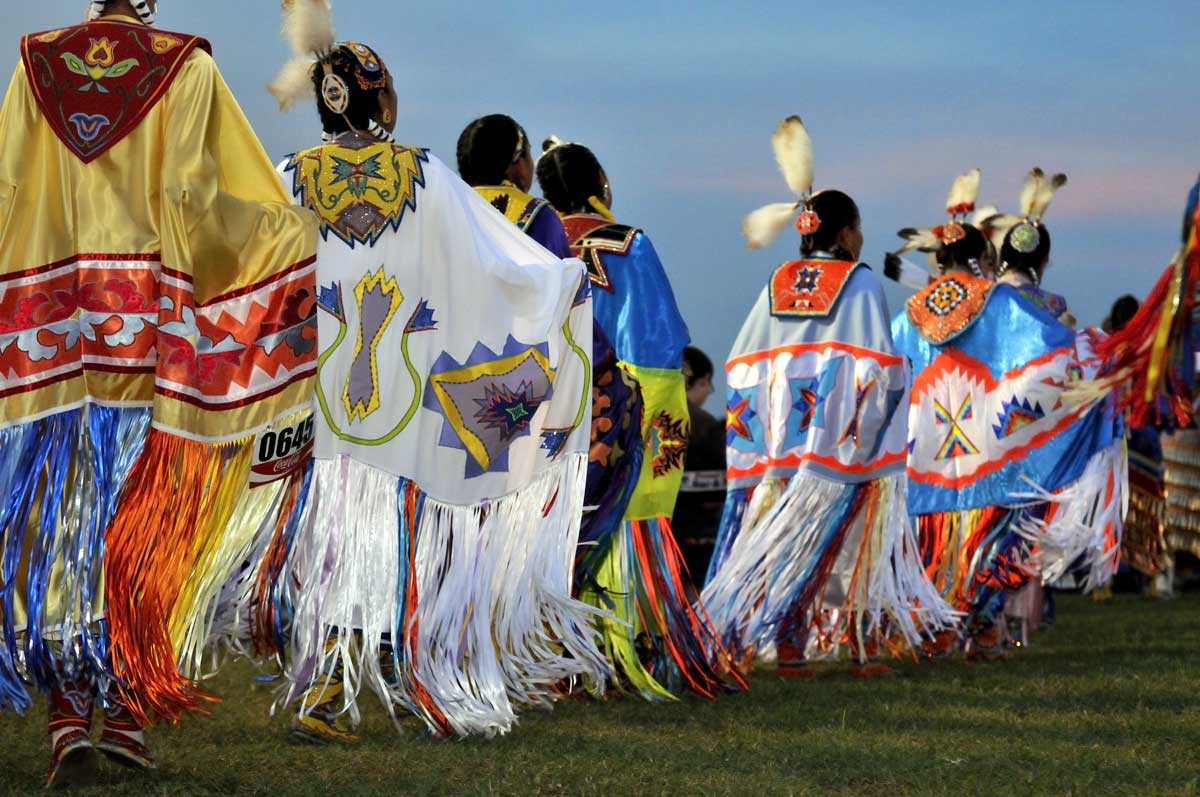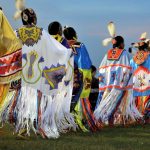The controversy surrounding the rights of Native American tribes in Oklahoma has deepened with the Oklahoma Council of Public Affairs (OCPA) and Jonathan Small siding with Governor Kevin Stitt in vetoing a bill aimed at supporting tribes. This exacerbates the ongoing revenue dispute between the Governor and the tribal community, intensifying discord in Oklahoma’s political landscape.
Oklahoma Gov. Kevin Stitt’s ongoing feud with many of the Native American tribes in the state has grown contentious. This remarkable stance of which OCPA supports has led to Republicans in the legislature and the state’s attorney general to consider pushing him out of tribal negotiations altogether according to this published piece.
Stitt’s Standpoint
Governor Stitt has persistently believed in the equal application of most Oklahoma laws to all citizens. Stitt controversially opposes any policy giving control over a significant portion of the state, 42% or more, to the leaders of the state’s largest tribes. These tribes operate over 130 casinos that contribute substantially to the state’s economy.
While Stitt’s reasoning seems fair at first glance, it is worth noting the tribal casinos paid nearly $200 million to the state last year under current agreements.
According to reports, “State Republican leaders are grumbling publicly that Stitt’s hostile posture toward the tribes, including vetoing the extension of some compacts, are costing more than just money. They say it’s also eroding the relationship with tribal leaders that, although sometimes testy, has been nurtured for decades during Republican and Democratic administrations.”
OCPA and Jonathan Small side against the Tribes
The Oklahoma Council of Public Affairs (OCPA), helmed by President Jonathan Small, stands with Governor Stitt. This proves intriguing, as the OCPA typically aligns itself with the Republican-controlled Legislature, whose leaders criticize the Governor’s discord with the tribes. Small argues the bills being vetoed – House Bill 1005X and Senate Bill 26 X – would prevent reasonable negotiations before extending two tribal tax compacts.
Meanwhile, five of Oklahoma’s most powerful tribes — the Cherokee, Chickasaw, Choctaw, Muscogee (Creek) and Seminole nations —recently issued a joint resolution accusing the governor of not negotiating in good faith and threatening “to undo decades of work and damage tribal-state cooperation for generations to come.”
Implications of This Stance
This contentious support for Governor Stitt’s veto has the potential to divide the Republican Party further and broaden the ongoing rift between the Governor and the tribes. This political move could strain the relationships nurtured over decades between the State Government, the Legislature, and the tribal leaders.
It raises new questions about the future dealings of the State with its tribes, given that the tribes play an intrinsic role in the state’s economy, mainly through their casino operations.
Looking Ahead
Oklahoma Council of Public Affairs and Jonathan Small’s backing of Governor Stitt’s veto signifies a major moment in Oklahoma’s politics.
While feuds between governors and Native American tribes are not unique, in Oklahoma, where the tribes help drive the economy, especially in depressed rural areas, even fellow Republicans are scratching their heads at Stitt’s continued hostility toward the tribes.
The unfolding events surrounding the veto by Governor Stitt, and its support by OCPA and Small are setting up a battle with the Legislature and the tribes of Oklahoma.







